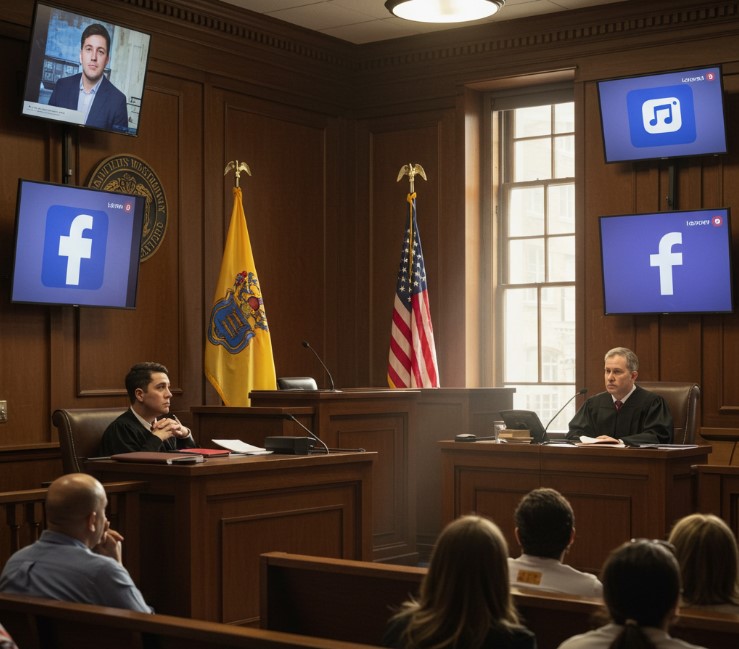Sexual Harassment was first recognized as a civil rights violation and a type of discrimination in 1986. As most of us know, sexual harassment in the workplace violates Title VII of the Civil Rights Act; the New Jersey Law Against Discrimination and applicable workplace policies. Despite its name and its history, it is often not about “sexual relations,” but rather about power and control by the perpetrator. Although sexual harassment has been illegal for more than 30 years, it is still endemic in the American workplace. Victims of sexual harassment, who can be both male and female, often do not report this behavior because they are terrified of losing their job; of being embarrassed; of “causing trouble;” of being blamed for inviting such conduct; or of retaliation.
The recent allegations surrounding film producer Harvey Weinstein, the rise in the number of his victims, and the press surrounding this inappropriate conduct, makes clear that sexual harassment is a persistent problem in 2017, not only in Hollywood but in all types of American workplaces. In addition, it is now more evident than ever that victims must speak up and organizations must take prompt and appropriate action in response to all allegations of harassment in order to protect their employees. Sexual harassment claims cannot and should not be swept under the rug any longer by companies and those in power.
So what can your company do in order to stay out of tomorrow’s headline news and to protect your valued employees? There are several simple steps to take to not only comply with the law, but also to “do the right thing.” Companies must have updated policies that prevent sexual and other types of illegal harassment and retaliation, both in person and in cyber world. Organizations should also delineate, in their policy, a complaint procedure for reporting harassment or discrimination, in which several reporting avenues are listed (including possibly a reporting hotline or outside source to report to), and an investigatory mechanism. These policies should be distributed to all employees and said employees should sign off on receipt of them. In addition, companies must provide mandatory, live, annual anti-harassment, anti-discrimination, and anti-retaliation training to all employees and managers, including those in the C suites. All organizations should post the anti-harassment and anti-retaliation notices in a prominent space so that all employees and managers can see and read them.
Once the organization has implemented the policy, the notice and reporting procedures, it is up to management and HR to foster an “open door” culture in which all reportees are receptive to complaints and are willing to take all complaints seriously. In addition, organizations must cultivate a culture in which all complainants are comfortable and not fearful of reporting wrongdoing no matter who the perpetrator is. It is imperative that once an allegation is made, the organization has to immediately take action and not delay in an effort to protect its workforce. Such action could include a prompt and thorough investigation, a possible suspension or leave of absence pending investigation, termination, and other disciplinary actions.
Organizations also should promote ethics-centric workplaces in which doing the right thing is not only recognized but rewarded. Management must encourage their workforce to treat all employees, customers, clients and the like with dignity and respect. Your organization can even implement the following to aid this worthy endeavor:
- a code of conduct
- an ethics hotline
- an ethics officer
- core values
- an ethics committee
All employers have a legal duty to keep the workplace safe and secure. It is up to your organization to put the control back in the hands of the countless victims of sexual harassment; to protect your employees; and to protect the sanctity of the workplace.
If you need any assistance with drafting policies or procedures, with training, or with conducting investigations, please contact Employment Law Counsel Nicole Croddick.













